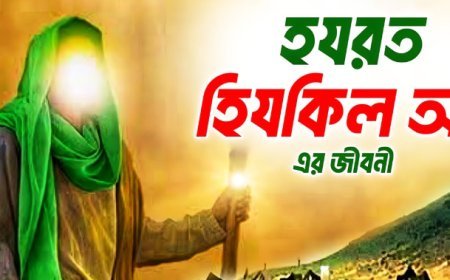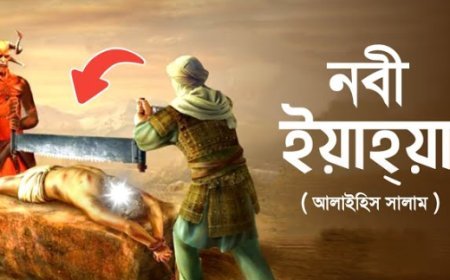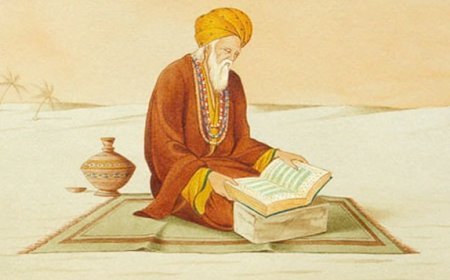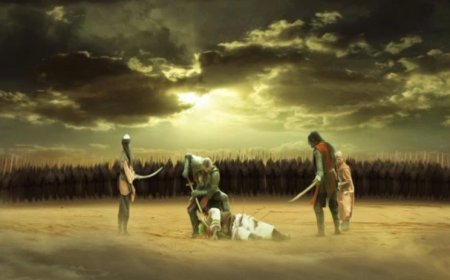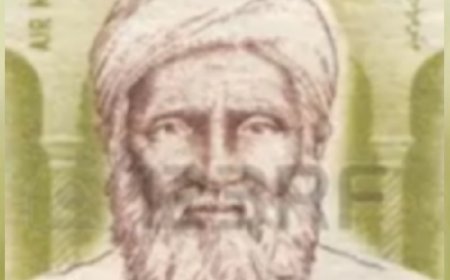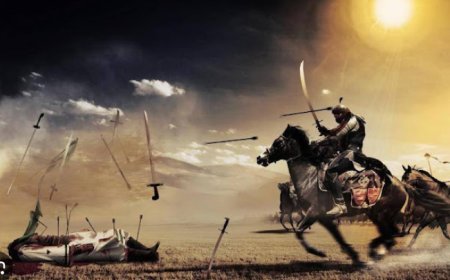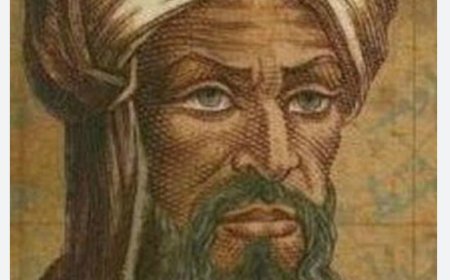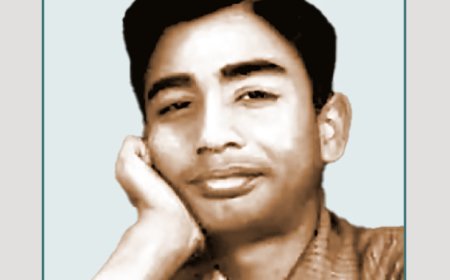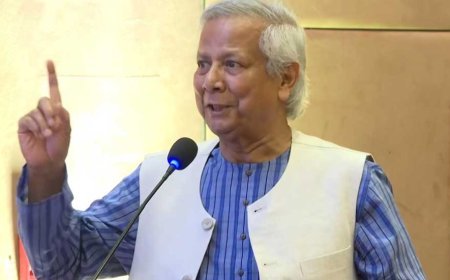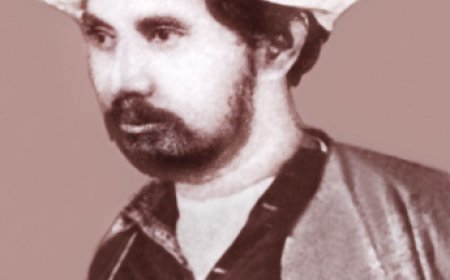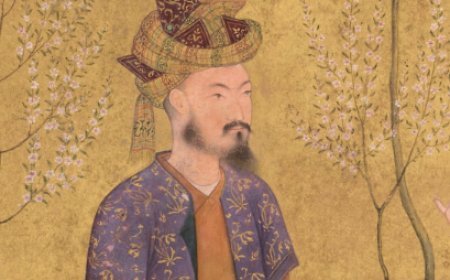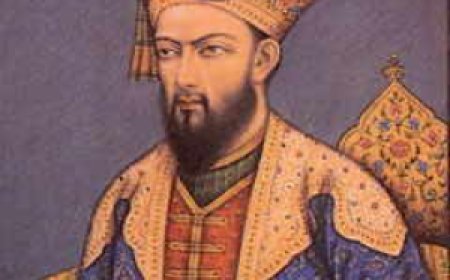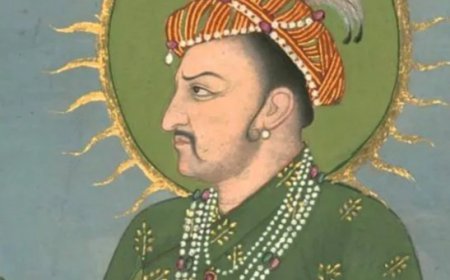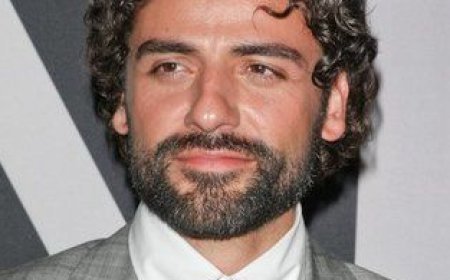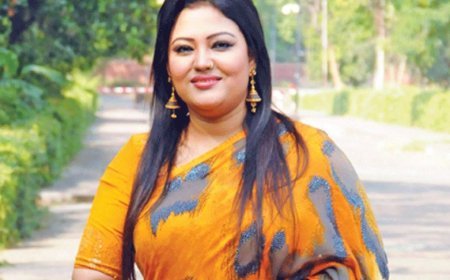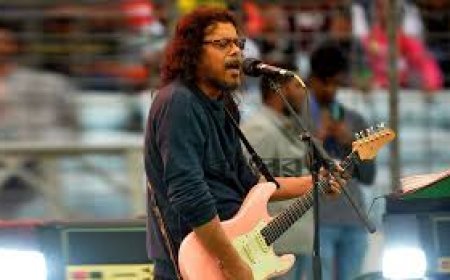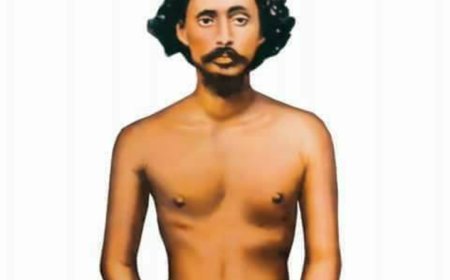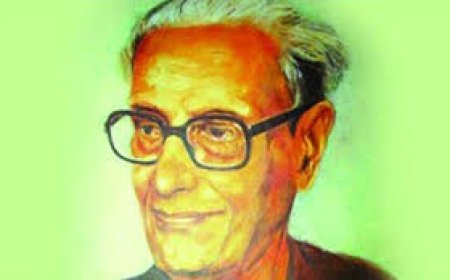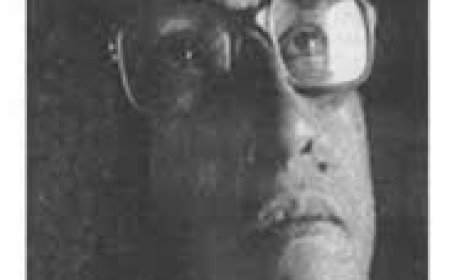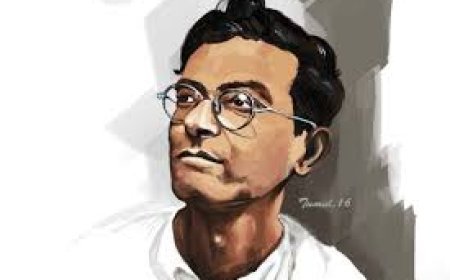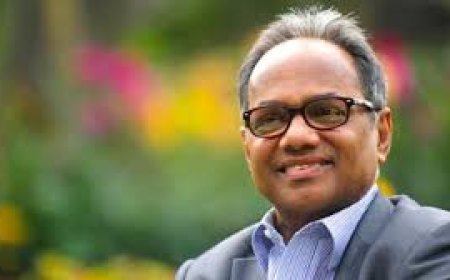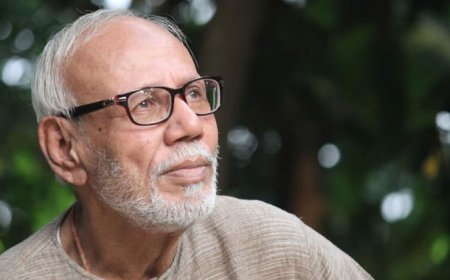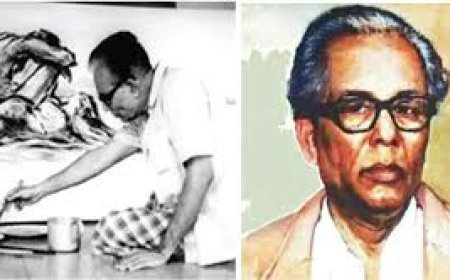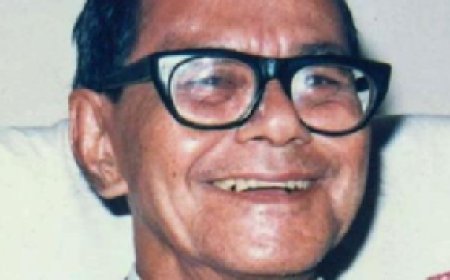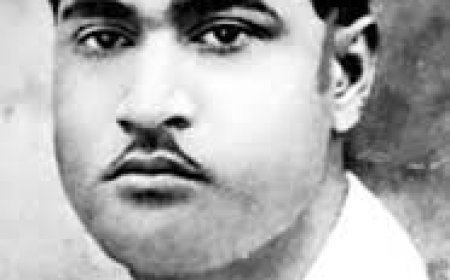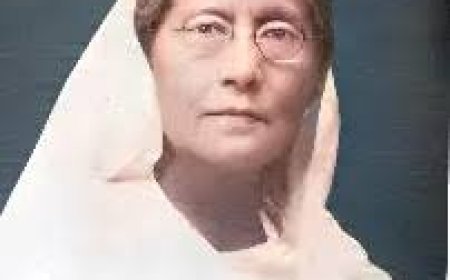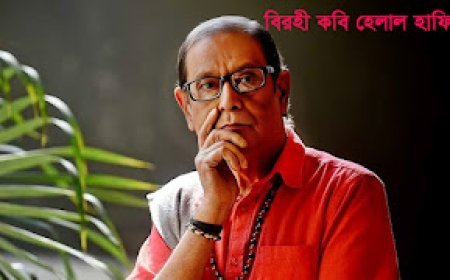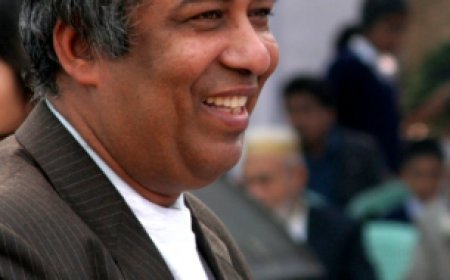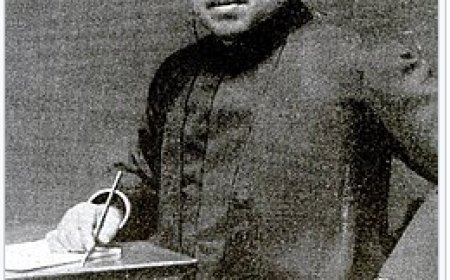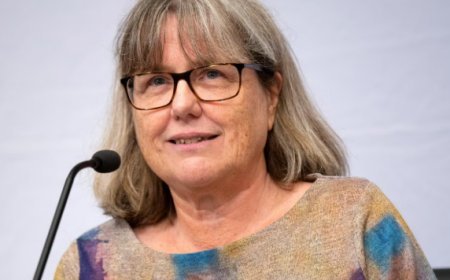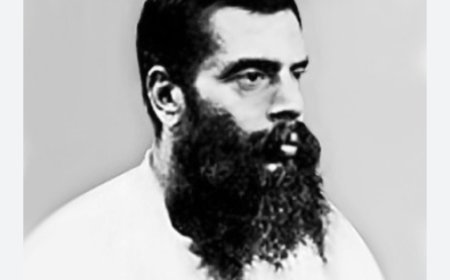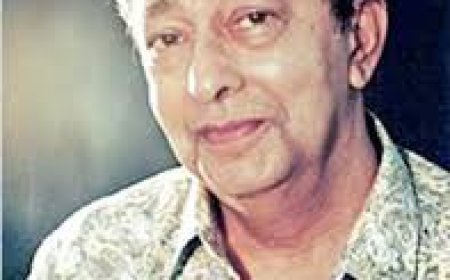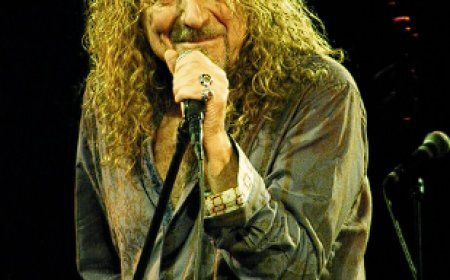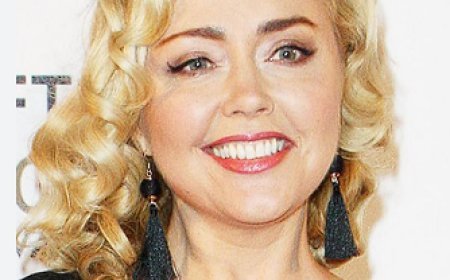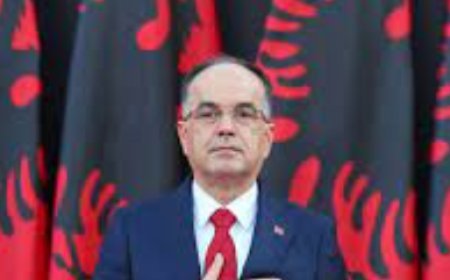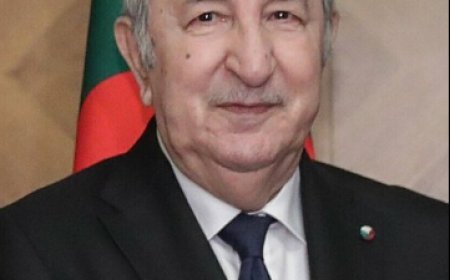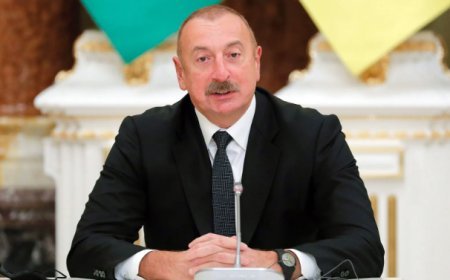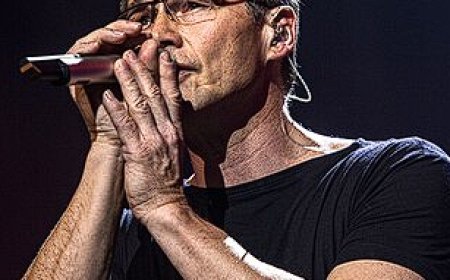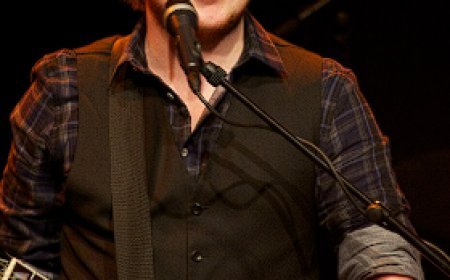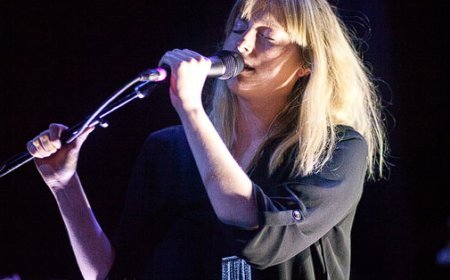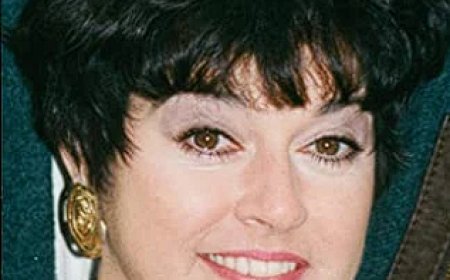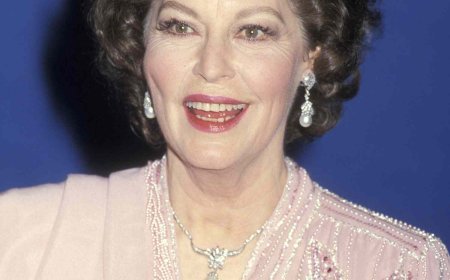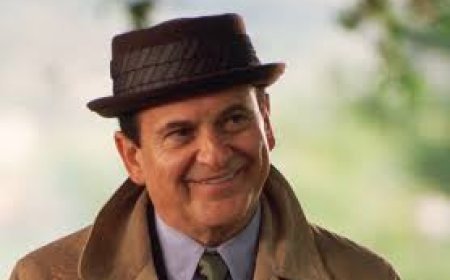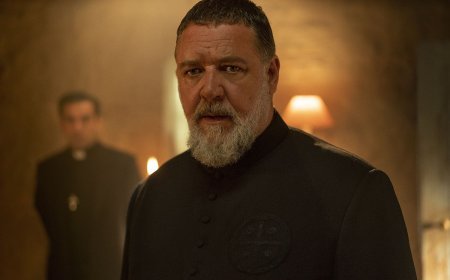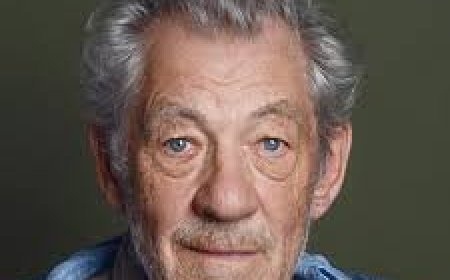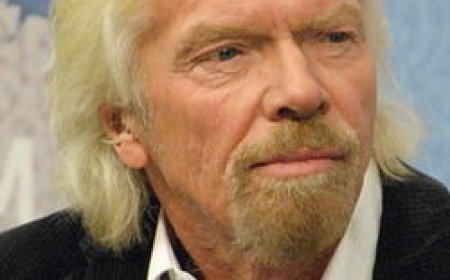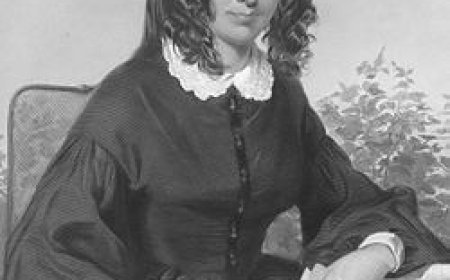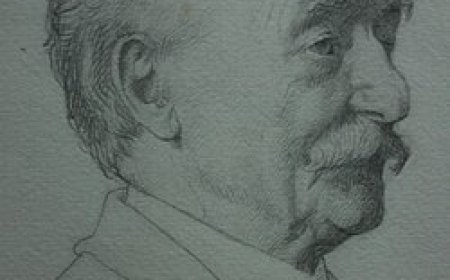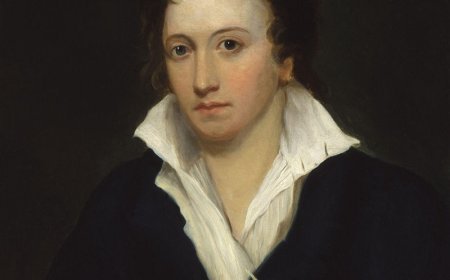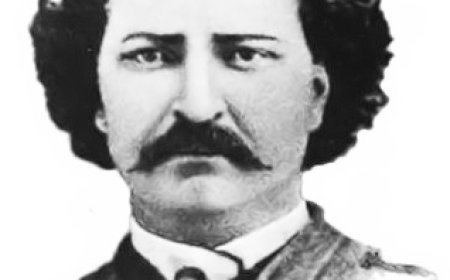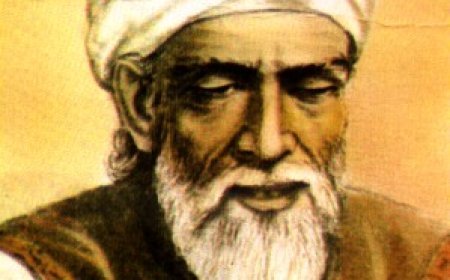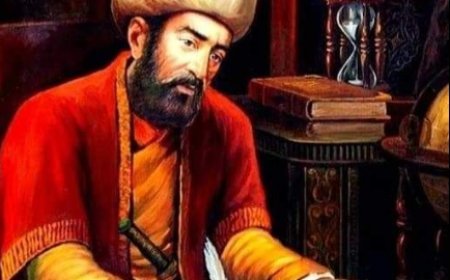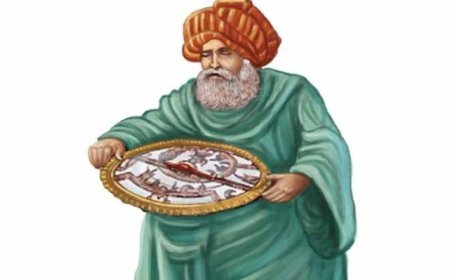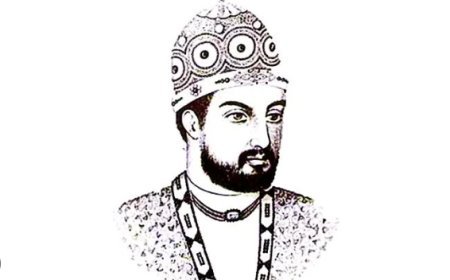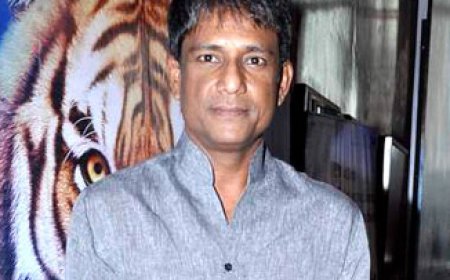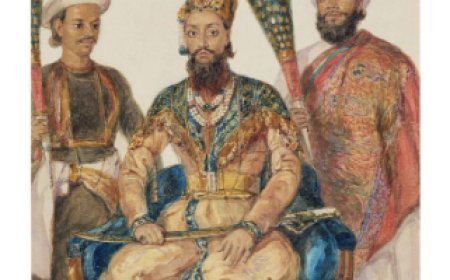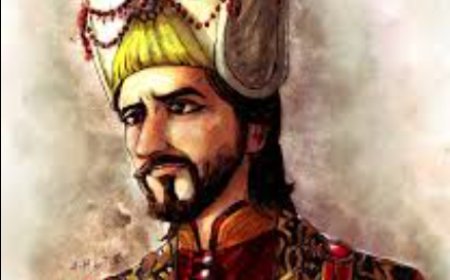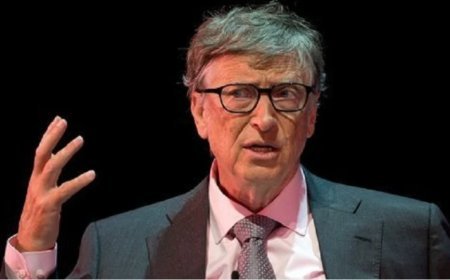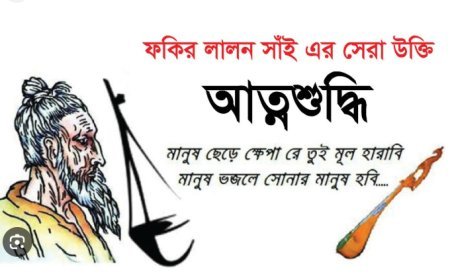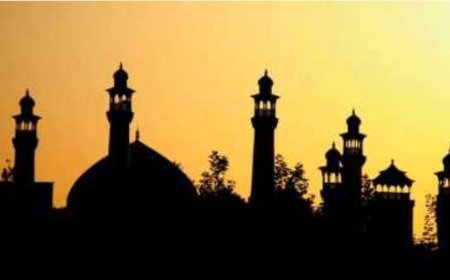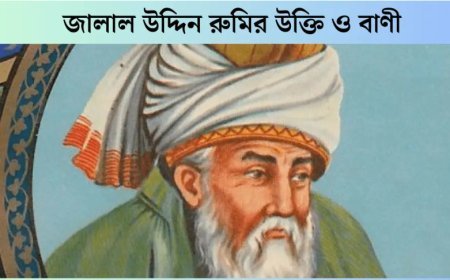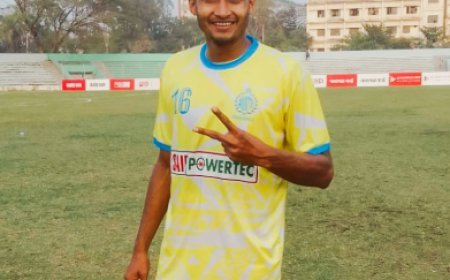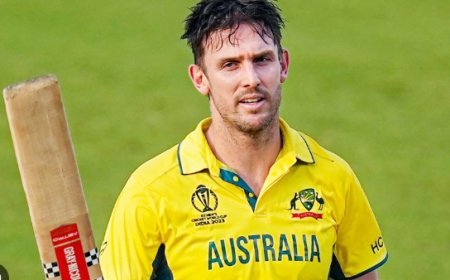biography of Josef Hader
biography of Josef Hader

|
Hader at the 2017 Berlin International Film Festival
|
|
|
Born |
14 February 1962 Waldhausen im Strudengau, Upper Austria, Austria
|
|---|---|
|
Occupation(s) |
Comedian, actor, writer |
|
Years active |
1982–present |
|
Children |
2 |
Josef Hader
(born 14 February 1962) is an Austrian stand-up comedian, actor and filmmaker.
Life and career
Hader was born in Waldhausen im Strudengau, Upper Austria and grew up in Nöchling in Lower Austria where he attended the Stiftsgymnasium Melk. During this time he made his first comedy attempts at his school. After his civilian service at the Red Cross he started studying German and History. As a student he began working on his first comedy programme Fort Geschritten. His second programme Der Witzableiter und das Feuer won the prestigious Salzburger Stier comedy award. After aborting his study and writing Biagn und Brechen (1988) and Bunter Abend (1990) he celebrated his breakthrough with the tragicomic play Indien, together with the comedian Alfred Dorfer, which was filmed by Paul Harather in 1993 with Josef Hader himself in the leading role.
With the film Indien and his following shows Im Keller (1993) and Privat (1994) he became one of the most successful and most respected comedians in the German-speaking world. His comedy programme Privat is the most successful comedy in Austrian history. His most recent show called "Hader muss weg" is more acting than comedy. Hader plays seven different roles using no props other than a simple Trenchcoat and acts only through gestures, voice and facial expression.
Since then, Hader has starred in commercially successful films such as Komm, süßer Tod (2000), Silentium (2004) and The Bone Man (2009), while also gaining critical acclaim for his performances in dramas such as Der Überfall (2000) or Ein halbes Leben (2008). Among others awards, he received the Best Actor Award at the Locarno International Film Festival, the Romy Award, the Adolf Grimme Award and the German Television Award.
He is a regular guest on various German Comedyshows, such as Neues aus der Anstalt on ZDF, Scheibenwischer on Das Erste, Quatsch Comedy Club on Pro Sieben or Ottfried Fischer's Ottis Schlachthof on Bayerischer Rundfunk which increased his popularity in Germany.
Hader is the father of two sons.
The comeback of Josef Hader as director (and of course as screenwriter)
Considered to be Austria’s greatest ever stand-up comedian, Josef Hader is about to return to film with his second directorial feature, following the success of Wild Mouse in 2017. Andrea Gets a Divorce, this is the title of the film, will in fact be presented at the Berlinale 2024 in a city, and in a country, where the director and actor has enjoyed several successes.
Josef Hader, who grew up on a farm in Nöchling, in the Waldviertel (Lower Austria), is a leading figure in German-language theatre and cabaret, as can be seen from his numerous tours in DACH (Germany, Austria and Switzerland) and the many awards he has received, also in the film sector, despite a careful selection of projects to take part in. Actor Hader prefers author Hader’s work to that of others, finding it more stimulating to reflect and write than only to perform. Occupational hazard? Perhaps, let’s see why in three acts.
Cabaret
After graduating from high school and completing his civil service, Josef Hader, then aged 20, decided to enrol at university to become a teacher, specifically of German and history. His interest in cabaret was cultivated in parallel, mainly in pubs and clubs in Lower Austria and Vienna. The definitive turning point was not long in coming. In 1985 Hader was awarded the Salzburger Stier prize, the first in a long series of important theatre awards. Three years later, however, the definitive turning point was reached with the writing of Biagn oder Brechen. A turning point in every sense, considering that Josef Hader had already decided to give up his studies to concentrate on cabaret.
Hader’s new programme evolved from a political show – quite common in the 1980s – to a one-act cabaret, markedly theatrical. In fact, all subsequent programmes, from Bunter Abend (1990) to Hader on Ice (on tour since 2021), not forgetting Im Keller (1992) and Privat (1994), consist of continuous associative monologues, streams of consciousness interrupted by a few typical gimmicks of invisible theatre such as technical breakdowns, audience disturbances and whistles. In Hader muss weg (2004), Josef Hader even managed to further evolve his skills not only as a performer but also as a scriptwriter, bringing seven different roles to the stage and using cinematic means such as close-ups and music score, effectively mixing cabaret, theatre and cinema in an evocative and engaging avant-garde show.
Mission accomplished, I would say, for someone who has always said he prefers the exciting stage art to cinema and who says he is more interested in his own writing. ‘Having to communicate with the audience and depict oneself is an exciting and by no means safe struggle,’ Hader tells Künstler Leben in an interview with Christian Handler, ‘it has rarely been the case that I have found such an interesting finished role. Here, Stefan Zweig is one of them’.
Stefan Zweig
Thanks to his success in theatre, Josef Hader soon became a popular actor, who, however, true to his artistic credo, would only appear in a limited number of films, preferring a few projects in which he could collaborate on scripts or roles that were really interesting to him. Apart from the hilarious performance of Simon Brenner in the tetralogy directed by Wolfgang Murnberger and based on Wolf Haas’s detective stories – Come Sweet Death (2000), Silentium (2004), The Bone Man (2009) and Life eternal (2015), where he was also a co-writer, Maria Schrader’s 2016 film Stefan Zweig: Farewell To Europe, is one of the few examples of an interesting project for him.
This film, presented in Berlin and Vienna two days apart, depicts the last years of the life of Stefan Zweig, the Austrian writer who died by suicide in exile together with his second wife Lotte. Josef Hader’s portrayal of the author from the Viennese upper middle class was praised by many and described by some as “melancholic but full of respect”, so much so that it deserved a nomination for the 2017 EFAs, the European Oscars according to some journalists. This interesting combination of Germany, the film’s co-producer nation, and the awards won will be a kind of constant in Hader’s career since his much-loved theatre time.
Germany
What made Josef Hader very popular in Germany, however, was certainly the tragicomic road-movie India (1993), based on the play written by Hader himself together with his colleague Alfred Dorfer, co-founder of the Schlabarett and, from India onwards, also one of the best-known German-speaking cabaret artists. And this only three years after winning the Deutscher Kleinkunstpreis (a success repeated in 2022) for the 1990 show Bunter Abend. This opened the way for the immediately following evolution, made up of monologues narrated in such a way as to better appeal the audience who, feeling directly involved by a neutral narrator and not by a performer, do not take their eyes off the stage.
As in Austria, so in Germany, and the fact that he received the Bayerischer Kabarettpreis and the Göttinger Elch in 2011 for his best-of Hader spielt Hader is proof of this. But the Germany – Josef Hader pairing does not just end there: his directorial debut, the funny Wild Mouse, was presented at the Berlinale 2017, in competition for the Golden Bear. And this will also be the case for his new work as director – and, of course, screenwriter – which will be among the highlights of the 74th edition, scheduled from February 15 to 25, 2024.
“Art is what is not necessary,” Hader concludes in the aforementioned interview, alluding to the fact that criticism of society is not a mission and that the artist must do what is not necessary. Personally, I cannot say whether he is right or wrong. But given the result, I already know what to believe.
MINI BIO :
Josef Hader was born on February 14, 1962 in Waldhausen, Austria. After attending grammar school in Melk (Lower Austria) he started studying Germany and History in 1981, but actually he focused on his talent as a comedian. In 1982 he wrote his first cabaret play called "Fort Geschritten". For his second play "Der Witzableiter und das Feuer" (1985) he won the Austrian "Salzburger Stier"-Award. After aborting his study and writing "Biagn und Brechen" (1988) and "Bunter Abend" (1990) he celebrated his breakthrough with the tragicomic play "Indien", which was filmed by Paul Harather in 1993 with Josef Hader himself in the leading role. With India (1993) and his following plays "Im Keller" (1993) and "Privat" (1994) he became one of the most successful and most respected comedians in Austria. In the Austrian thriller Come Sweet Death (2000) ("Come sweet death") Josef Hader came back to the cinemas in a leading role a second time after "Indien".
Comedy and plays
- 1982: Fort Geschritten
- 1985: Der Witzableiter und das Feuer
- 1986: Im milden Westen
- 1987: Tausche Witze gegen Geld
- 1988: Biagn oder Brechen
- 1990: Bunter Abend
- 1991: Indien (with Alfred Dorfer)
- 1993: Im Keller
- 1994: Privat
- 1997: Hader spielt Hader
- 2004: Hader muss weg
Filmography
| Year | Title | Role | Notes |
|---|---|---|---|
| 1988 | Sternberg – Shooting Star | Meier | |
| 1992 | Duett | Mallinger's nephew at the bank | TV movie |
| Cappuccino Melange | Manfred Seidl | TV movie | |
| 1993 | Indien | Heinz Bösel | also co-writer |
| 1999 | Geboren in Absurdistan | Lorry driver | |
| 2000 | Hold-Up | Werner Kopper | |
| Komm, süßer Tod | Brenner | also co-writer | |
| White Cherries | Otto Bucek | ||
| 2002 | Blue Moon | Johnny Pichler | |
| Weihnachten | Herr Wächter | TV movie | |
| 2004 | Silentium | Brenner | also co-writer |
| C(r)ook | Nowak | ||
| 2005 | Josef Hader im heiligen Land | Himself | Documentary |
| 2006 | Heaven | Hermann Kaltenbrunner | Part of the 8 x 45 television series |
| 2007 | Hounds | Henrik | |
| Cleisto | Himself | ||
| Attwenger Adventure | Himself | Documentary | |
| 2008 | Randgestalten | Butcher | |
| Ein halbes Leben | Ulrich Lenz | TV movie | |
| Zibb | Himself | TV series documentary | |
| 2009 | Screen Test | Herr Kaiser (voice) | Animated film |
| The Bone Man | Brenner | also co-writer | |
| Little White Lies | Ametsbichler | ||
| 2010 | Widerstand im Haiderland | Himself | Documentary |
| Aufschneider | Dr. Hermann Fuhrmann | TV series, also co-writer | |
| Kabarett, Kabarett | Himself | Documentary | |
| Die verrückte Welt der Ute Bock | Policeman | ||
| 2011 | Wie man leben soll | Leo | |
| 2012 | Diamantenfieber oder Kauf dir einen bunten Luftballon | Uncle Fritz | |
| 2014 | Kafka's The Burrow | Hausmeister | |
| 2015 | Life Eternal | Brenner | |
| 2016 | Stefan Zweig: Farewell to Europe | Stefan Zweig | |
| 2017 | Wild Mouse | Georg | Also director |
| 2020 | The Story of My Wife | Post-production | |
| 2024 | Andrea Gets a Divorce | Franz | Also director |
SOURSE; wikipedia ,,,,,, imdb ,,, cinema
What's Your Reaction?
 Like
0
Like
0
 Dislike
0
Dislike
0
 Love
0
Love
0
 Funny
0
Funny
0
 Angry
0
Angry
0
 Sad
0
Sad
0
 Wow
0
Wow
0

